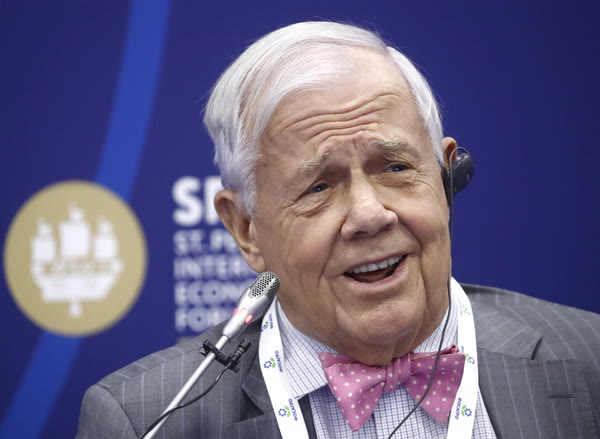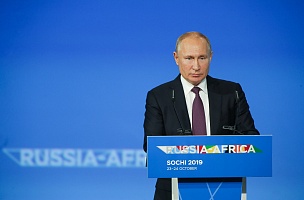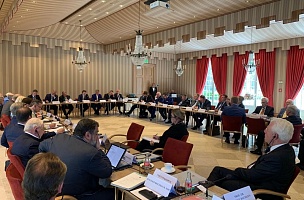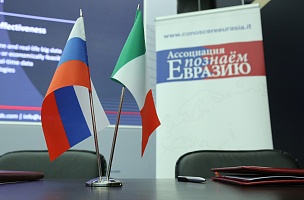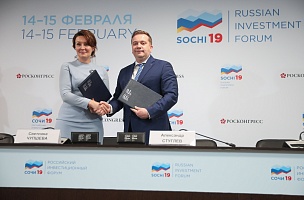KEY CONCLUSIONS
The situation with the coronavirus pandemic forced business to be more flexible, to adapt to new realities, and to solve unusual tasks to maintain employee efficiency
«Today, the topic of how to create the necessary conditions [for remote work — Editor] is of great importance: eleven thousand laptops purchased; software reinstalled; electronic jobs created. No, we cannot add a separate office room, but creating the right conditions was quite important. Hours of silence, days without meetings, [...] so that people could plan a space for themselves — they are at home after all. This is a rather important ethical conclusion, which we come to, unfortunately, after having made a certain number of mistakes», Chairman of the Management Board and CEO of SIBUR Mikhail Karisalov.
«We wanted to maintain a balance between what we had already come to know and what we hadn’t known yet. For example, we permitted working three days from home and three days from the office», President of PepsiCo for Russia, Belarus, Ukraine, the Caucasus, and Central Asia David Manzini.
Despite all its disadvantages and risks, the pandemic has had a positive effect on communication between employees and their empathy for one other, and it has brought teams together
«The degree of involvement surprised me. [...] You didn’t need to force anyone to do anything. On the contrary, in terms of executive management — such a great number of initiatives aimed at the survival of the company [Detsky Mir — Editor]», President and Chairman of the Management Board of Sistema Vladimir Chirakhov, who until recently occupied the post of CEO of Detsky Mir.
«Leadership. We’ve seen people we didn’t think could achieve leadership positions gathering round themselves the support of the whole team and taking these teams to the next level. [...] [Another — Editor] important point has been solidarity among colleagues», Chief Executive Officer of AVEVA Group plc Peter Herweck.
«The pandemic has helped me a lot. [...] My colleagues and I began to organize barbecues at my home. [...] And the culture began to change because of this informal interaction. [...] We needed a pandemic to occur for this to finally happen. It helped accelerate cultural changes», Chairman of the Management Board, President and Chief Executive Officer of Magnit Jan Dunning.
PROBLEM
A significant decrease in employee discipline while working remotely
«If you are using the Zoom app and [...] you ask people to turn on the camera — because I don’t want to interact with the screen off — then you can see that people are out on a beach somewhere during business hours. [...] That is, people say that they are working, but they are in such an inappropriate environment. It was not easy, people protested; they objected. And we said: ‘No, you have to turn on the camera so that we can at least see that you are working.’ [...] You are in a situation where you propose some rules, and this was never a problem before the crisis. And no one said ‘I will go to the office and work in swimming trunks.’ [...] We had to regulate the situation, though we had expected that people would regulate the situation themselves,» Chairman of the Management Board, President, and Chief Executive Officer of Magnit Jan Dunning.
«In psychology I think they call these ‘translation problems’. When they have a problem, and they don’t like anything, then they look for someone with whom to associate the problem. And they associate it, in this case, with the employer. [...] At the Skolkovo school, we had to deal with the fact that some of our students protested against online learning, although there were no offline alternatives at all. [...] The problem was with shifting focus,» President of SKOLKOVO Moscow School of Management Andrey Sharonov.
SOLUTION
Relaxing formal requirements for employees or fostering a culture of communication with employees, personal experience
«I have one-on-one meetings while I’m out for a walk, for example. [...] And if I am out for a walk, it means that the person I’m talking to can also take a walk. This is the evolution of ethical standards», President of Microsoft Rus Christina Tikhonova.
«We said that if you are involved in a Zoom meeting [...] you should always be prepared to be asked to turn on the camera regardless of where you might be. And this changed the situation somewhat. [...] And not all apartments are adapted to working from home. And some people would have to go out into the street or onto the balcony. And we put up with it», Chairman of the Management Board, President, and Chief Executive Officer of Magnit Jan Dunning.
«Should I turn on the camera or not? There is such a thing as discipline, and we tried to convey these things through culture, through leadership, through involvement» Chairman of the Management Board and CEO of SIBUR Mikhail Karisalov.


